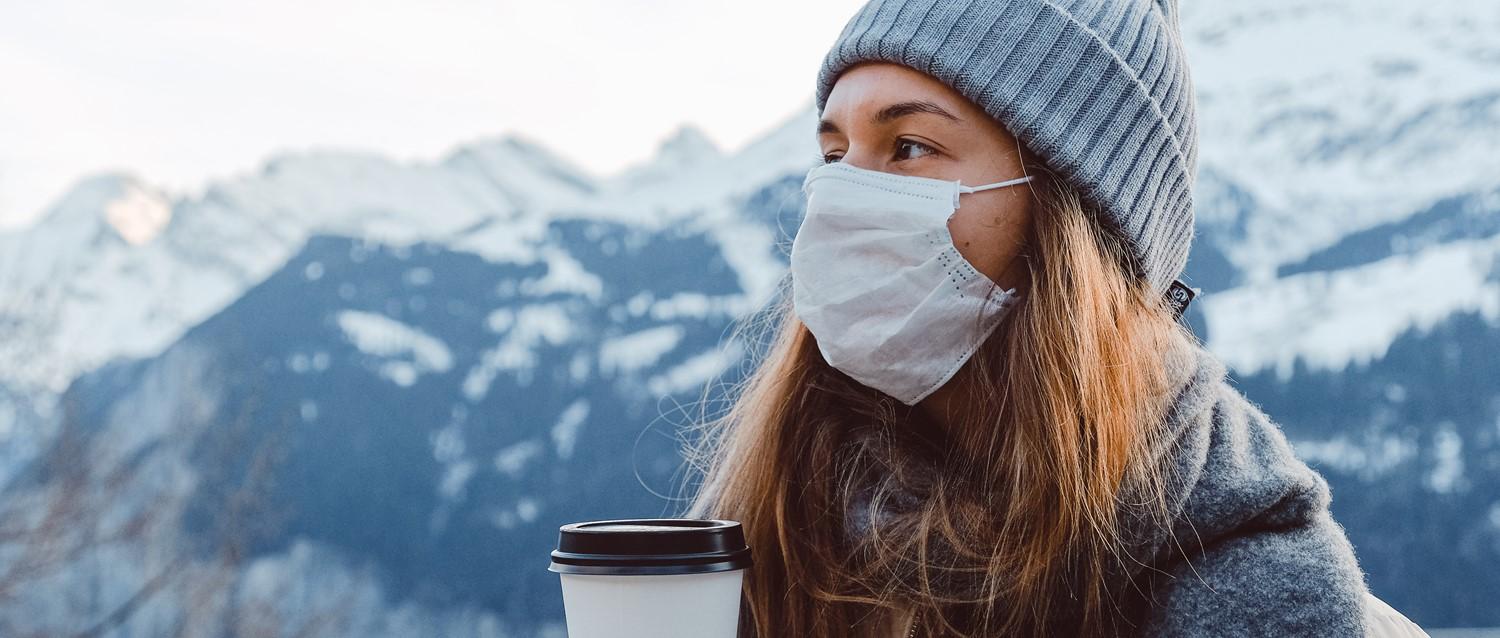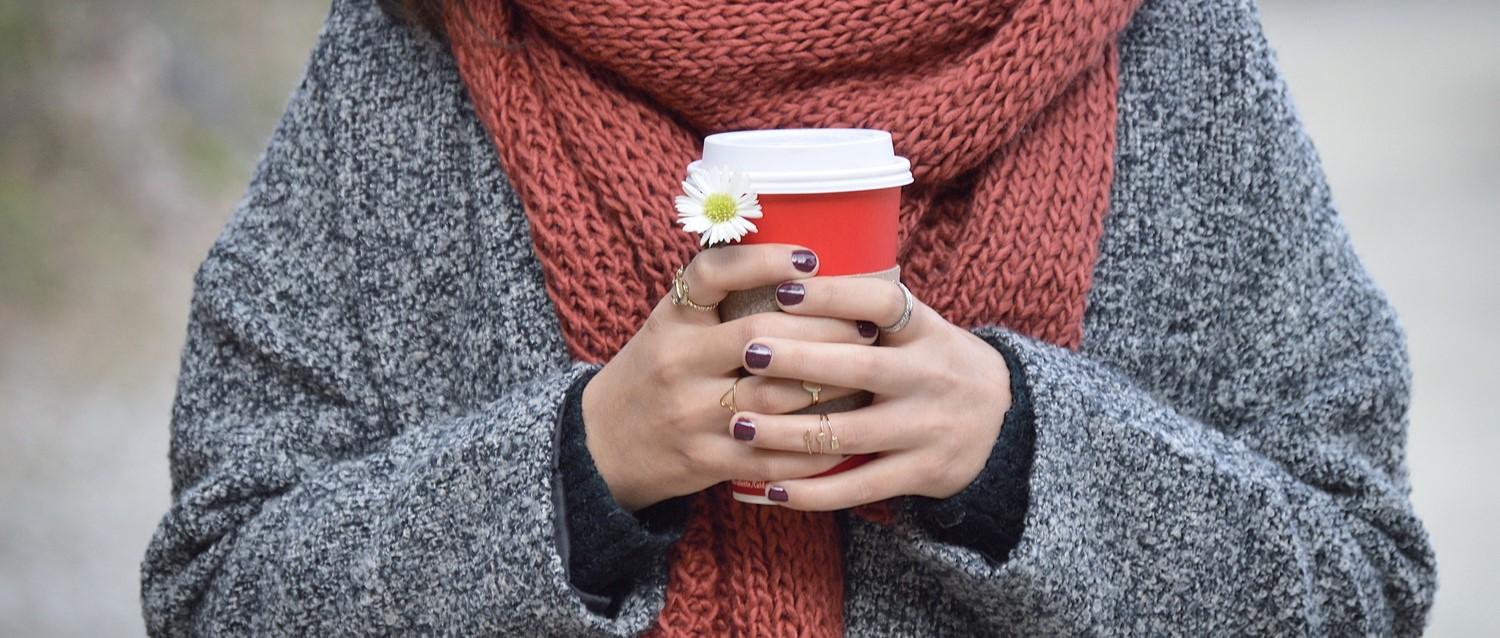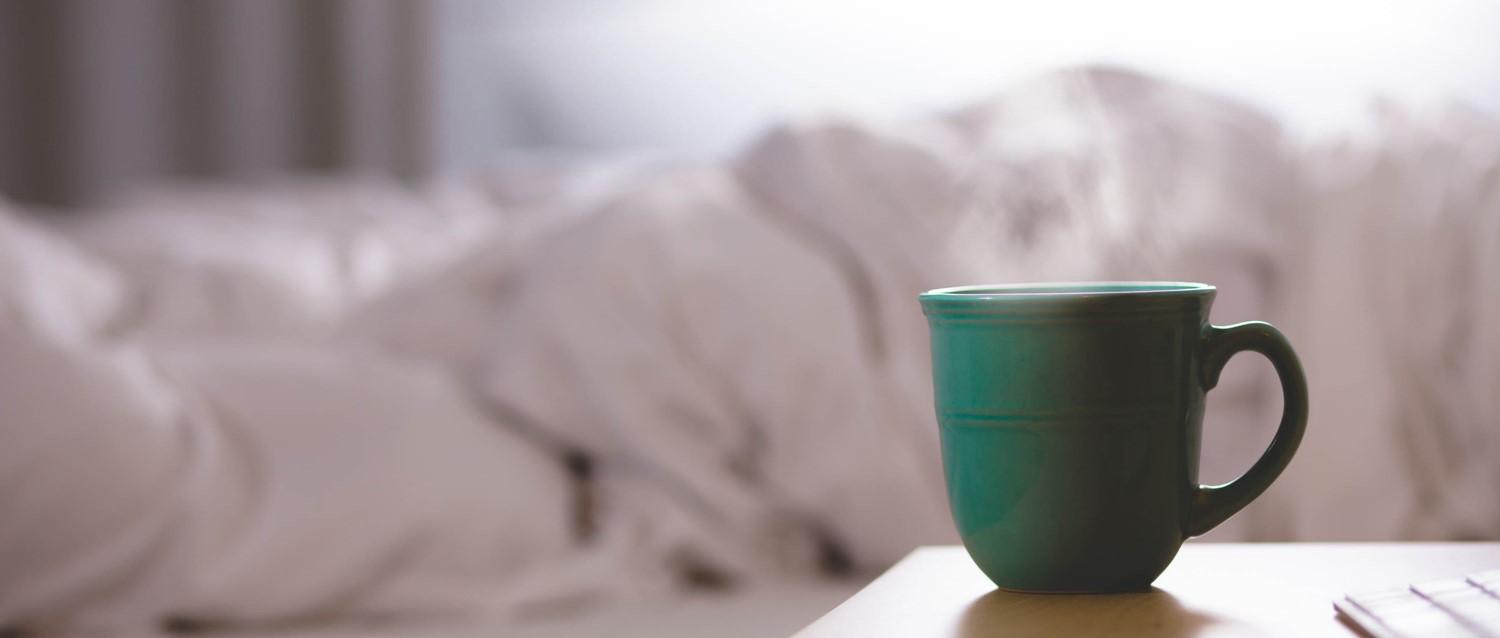
Should you wear a face mask if you have a cold this winter?
Peer reviewed by Dr Sarah Jarvis MBE, FRCGPLast updated by Emily Jane BashforthLast updated 23 Nov 2021
Meets Patient’s editorial guidelines
- DownloadDownload
- Share
- Language
- Discussion
Wearing a face mask has become common practice for many of us throughout the pandemic. Wearing face coverings in indoor spaces has helped reduce the spread of COVID-19, but they are now worn less as vaccines have been rolled out and masks are no longer a legal requirement. But as winter approaches and people start to catch colds, could keeping our masks on help us stay well?
In this article:
A YouGov poll found between 15 July-22 September 2021 there was a drop from 72% to 60% in the number of people in the UK who said they were wearing a face mask when in public places. Are we wrong to give up on face coverings?
Continue reading below
What are the benefits of wearing a face mask?
There was a time when we mainly only saw face masks worn by dentists and surgeons. However, we've quickly adjusted to a 'new normal' of being asked to cover our mouths and noses. Dr Tom Micklewright explains the benefits of this, and how masks limit the spread of viruses.
"Many infections, including COVID-19 and influenza, are transmitted via respiratory particles. These are exhaled from an infected individual. When we are infected, whether or not we know about it, wearing a mask appears to reduce our likelihood of passing that infection on to others," he says.
Why might some people think face masks are no longer necessary?
Dr Micklewright stresses that the pandemic is far from over. However, many aspects of our day-to-day lives have returned to the normal we knew prior to COVID-19, such as going to social gatherings and working back in the office. He says people would be forgiven for assuming the pandemic is non-existent now since schools and workplaces are open, stadiums are selling tickets again and international borders have opened up.
However, the decisions for these aspects of life to resume have been difficult, and careful planning was needed to ensure things opened back up safely. The risks to the economy and public health have been weighed up over many months, alongside the rollout of the vaccination programme.
Dr Micklewright says that while vaccines are helping to reduce deaths and minimise the spread of COVID-19, the virus is still present. Tens of thousands of people in the UK are still catching COVID-19 every day.
So while the pandemic is much more under control than it was this time last year, we aren't at the end of the road yet.
Some people have doubted the benefits of face masks throughout the pandemic, with some believing they do more harm than good. Add this portion of the population to those now no longer wearing masks after being double-jabbed, and it's likely you'll go to the supermarket and see more people without a mask than with.
Continue reading below
Should we still wear masks if we have a cold this winter?
Wearing a mask when you have a cold yourself means you are looking out for others and limiting the spread beyond your household. Doing this particularly benefits people who are in vulnerable categories or have weakened immune systems, and who might be more affected than some with a common cold.
"Colds are caused by a number of common viruses which, like COVID-19, tend to spread through respiratory particles produced when an infected person breathes, speaks or coughs. Masks are likely to be effective against these airborne illnesses too, reducing your chance of passing on a virus."
A single cough can actually produce up to 3,000 droplets. We spray thousands of droplets invisible to the naked eye into the air just by speaking. There have been fears throughout the pandemic that simply having a conversation with someone can cause particles to spread.
Dr Micklewright adds, "Critically though, it can be very difficult, even for doctors, to tell the difference between COVID-19, flu and the common cold. So if you think you have a cold, it's better to err on the side of caution. Wear a mask and, if you have a cough, fever or a loss of smell or taste, stay at home and book a COVID-19 PCR test."
What other infections or illnesses might a face mask prevent the spread of?
"Face masks have been shown to prevent the spread of a number of airborne infections, including influenza and SARS," says Dr Micklewright.
"In theory, however, the spread of any airborne infection might be reduced by wearing a face mask, including the common cold, whooping cough and mumps."
Masks may also protect those with hay fever from pollen.
Continue reading below
Is it good practice to continue wearing masks in future if we get sick?
It's difficult to imagine there was once a time when we were still encouraged to drag ourselves into the office if we were unwell. The pandemic has certainly taught us a lot and created important conversations around public health and being considerate of others.
Dr Micklewright believes, since most of us are used to wearing masks, it's a good idea to keep one in your pocket, even if you've been vaccinated against COVID-19.
He says, "I certainly think masks are good practice going forwards. It's hard to imagine returning to a world where people might be packed, coughing and sneezing, into a bus station or waiting room without any hygiene measures."
He also highlights, however, that masks are only one part of the solution.
"Infected respiratory droplets can also be picked up from surfaces that we touch, so it's important we remember to wash our hands frequently and to use disposable tissue to cover our mouths when coughing. You should also consider getting vaccinated against both COVID-19 and flu to reduce your likelihood of becoming seriously ill with these conditions."
Patient picks for Viral infections

Infections
Why are some viruses seasonal?
Cold and flu viruses are associated with autumn and winter. But the explanation for why respiratory viruses peak in the colder months is far from clear.
by Natalie Healey

Infections
Could a cure for the common cold be on the horizon?
Scientists may have found a way to stop the common cold virus in its tracks.
by Ashwin Bhandari
Continue reading below
Article history
The information on this page is peer reviewed by qualified clinicians.
23 Nov 2021 | Latest version
23 Nov 2021 | Originally published

Ask, share, connect.
Browse discussions, ask questions, and share experiences across hundreds of health topics.

Feeling unwell?
Assess your symptoms online for free
Sign up to the Patient newsletter
Your weekly dose of clear, trustworthy health advice - written to help you feel informed, confident and in control.
By subscribing you accept our Privacy Policy. You can unsubscribe at any time. We never sell your data.